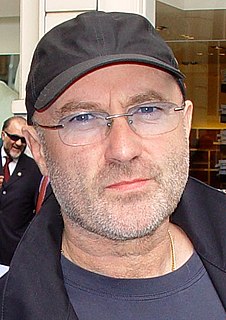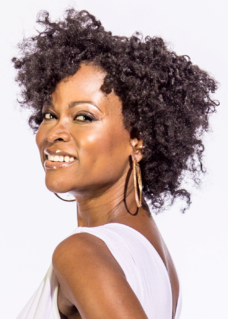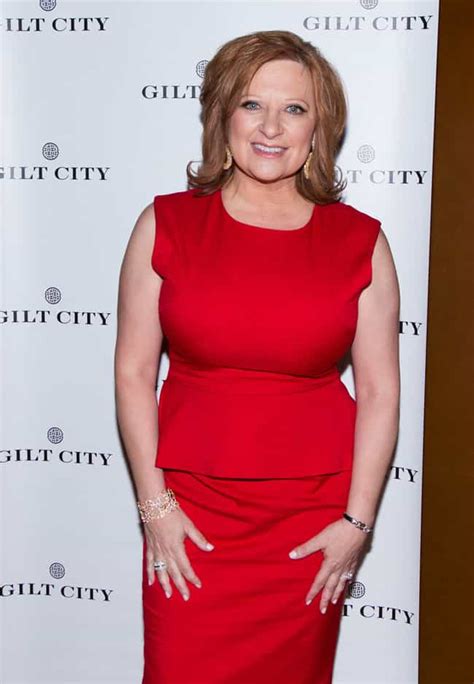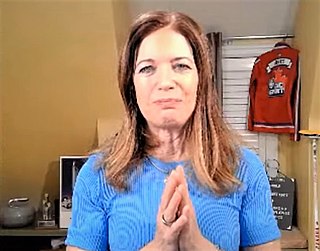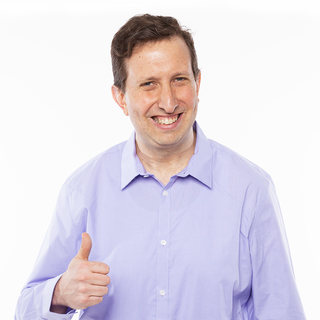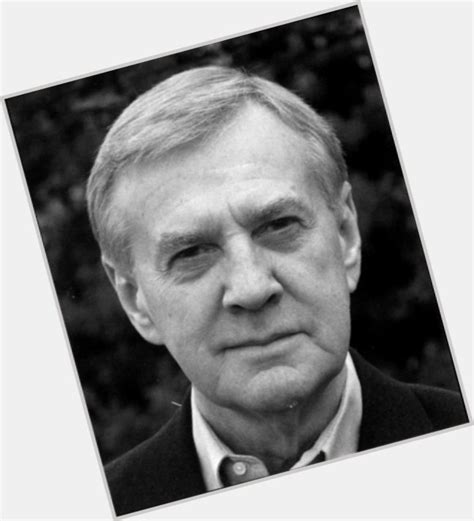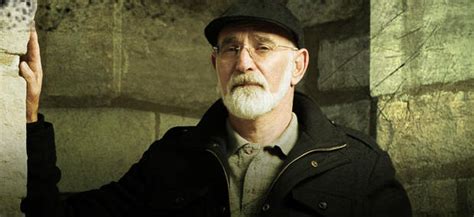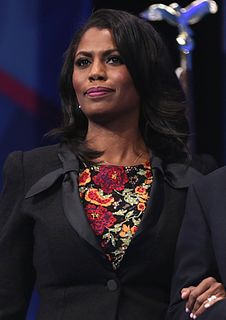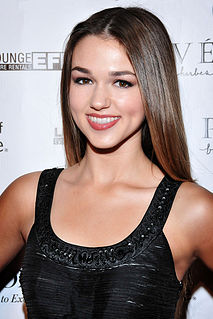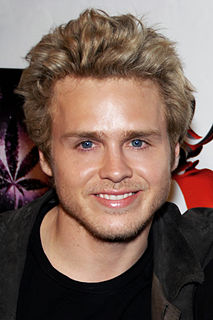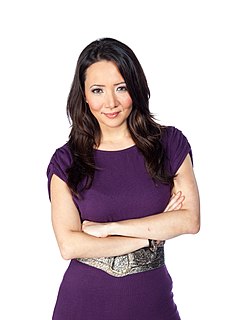A Quote by Junaid Jamshed
I read nasheeds (Islamic songs) in English, in Arabic. I read nasheeds even in Bangla language. Now I don't just travel to meet people from my own country but people from the entire ummah.
Related Quotes
I think Allah (swt) has given me the ni'ma of this voice, for which I use for Allah (swt) and his Prophet (pbuh) to read nasheeds. That is a certain kind of music, which is pleasing in the eyes of Allah (swt) and His Prophet (pbuh). And if people can start listening to it, I think that is a great service to the ummah. Keeping that in mind, that now has become a priority.
I read everything. I'll read a John Grisham novel, I'll sit and read a whole book of poems by Maya Angelou, or I'll just read some Mary Oliver - this is a book that was given to me for Christmas. No particular genre. And I read in French, and I read in German, and I read in English. I love to see how other people use language.
The sign was spray-painted in Arabic and English, probably from some attempt by the farmer to sell his wares in the market. The English read: Dates-best price. Cold Bebsi. "Bebsi?" I asked. "Pepsi," Walt said. "I read about it on the Internet. There's no 'p' in Arabic. Everyone here calls the soda Bebsi." "So you have to have Bebsi with your bizza?" "Brobably.
Read a lot. But read as a writer, to see how other writers are doing it. And make your knowledge of literature in English as deep and broad as you can. In workshops, writers are often told to read what is being written now, but if that is all you read, you are limiting yourself. You need to get a good overall sense of English literary history, so you can write out of that knowledge.









